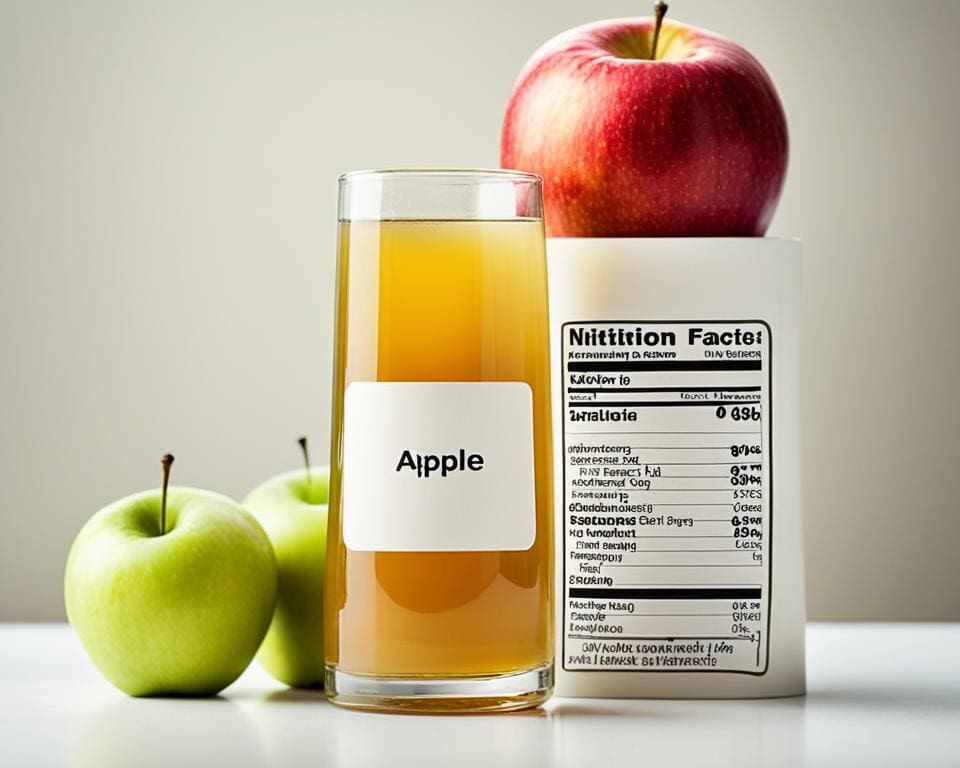In recent years, apple juice has become a common staple in diets, often touted for its numerous health benefits. However, the question remains: is apple juice good for health? To truly understand this, we must delve into apple juice facts, exploring its nutritional profile and potential advantages. While many relish the sweet, refreshing taste, some misconceptions may cloud the true benefits of apple juice. Insights from the USDA National Nutrient Database reveal valuable information about its constituents, while comprehensive studies in the *Journal of Nutrition* illuminate its antioxidant properties, suggesting a role in heart health and chronic disease prevention. By examining these perspectives, including expert advice from Harvard Health Publishing, we aim to provide a balanced view on the benefits of apple juice in a healthy diet.
Understanding Apple Juice Nutrition
Understanding the intricacies of apple juice nutrition provides valuable insights into its role within a balanced diet. Analyzing its components reveals what consumers are truly incorporating into their meals. This section will explore the nutritional profile of apple juice and emphasize its benefits, while addressing some concerns regarding its consumption.
The Nutritional Profile of Apple Juice
Apple juice is a popular beverage known for its sweet and refreshing taste. A typical serving contains essential nutrients that can contribute to overall health. When examining different varieties, such as filtered and unfiltered, there’s a notable difference in fiber content.
Caloric Content and Sugar Levels
On average, an 8 oz serving of apple juice has around 110 calories along with 24 grams of sugar. This sugar occurs naturally, primarily sourced from the apples used in juice production. Understanding these levels is crucial for assessing is apple juice healthy in the context of daily dietary habits.
Vitamins and Minerals in Apple Juice
Apple juice is rich in key vitamins and minerals, particularly Vitamin C and potassium. Vitamin C plays a vital role in immune function and skin health, while potassium is important for heart and muscle functions. These elements contribute to identifying the best apple juice for health, as consumers seek nutritious options that complement their lifestyle.

Is Apple Juice Good for Health?
Exploring the potential health benefits of apple juice reveals why it can be a valuable addition to your diet. Rich in nutrients and antioxidants, apple juice offers various health advantages that many people may overlook.
Health Benefits Associated with Apple Juice
Regular consumption of apple juice contributes to several health aspects:
- Improved hydration: Staying hydrated is essential for overall health, and apple juice can be a delicious way to maintain fluid intake.
- Heart health: Research suggests that the antioxidants in apple juice may help promote cardiovascular wellness by reducing inflammation and lowering cholesterol levels.
- Antioxidant properties: The polyphenolic compounds in apple juice combat oxidative stress, which may help in reducing the risk of chronic diseases.
Key Research Findings on Apple Juice
Scientific studies point to significant findings regarding apple juice:
- Research published in the Journal of Agricultural and Food Chemistry highlights how the polyphenolic compounds in apple juice can influence health positively.
- Regular consumption of apple juice has been linked to lower risks of certain health conditions, such as cardiovascular diseases and certain types of cancers.
Comparing Apple Juice to Whole Apples
Understanding the differences between apple juice and whole apples is crucial for informed dietary choices:
- Fiber content: Whole apples contain dietary fiber that apple juice lacks, promoting digestive health and satiety.
- Nutritional density: Whole apples offer additional vitamins and minerals not present in juice, making them a more nutrient-dense option.
Why Drink Apple Juice? Benefits and Considerations
Incorporating apple juice into your diet can provide a variety of compelling benefits that enhance both flavor and nutrition. As illustrated by numerous apple juice facts, the juice retains some vitamins and antioxidants found in whole apples, making it a flavorful way to support your overall health. When consumed in moderation, apple juice offers a refreshing option that can fit into a balanced diet. However, it’s essential to remain mindful of the sugar content, especially in commercial products where added sugars can detract from the is apple juice good for health debate.
Moderation is key, as emphasized by studies from the American Heart Association, which highlight the balance between enjoying apple juice and maintaining heart health. Opting for organic apple juice can mitigate some concerns regarding additives and preservatives present in non-organic varieties. The Center for Science in the Public Interest provides valuable insights into selecting the healthiest options, reminding consumers that the benefits of apple juice can be maximized by making informed choices.
Furthermore, nutritional recommendations outlined in the Dietary Guidelines for Americans suggest that fruit juice can play a role in a healthy lifestyle, provided it’s approached thoughtfully. By understanding the nuances of apple juice consumption and recognizing both its advantages and considerations, you can savor this delightful drink while nourishing your body. So, the next time you reach for apple juice, remember the balance of enjoyment and health it can offer, allowing you to make choices that truly benefit your well-being.









